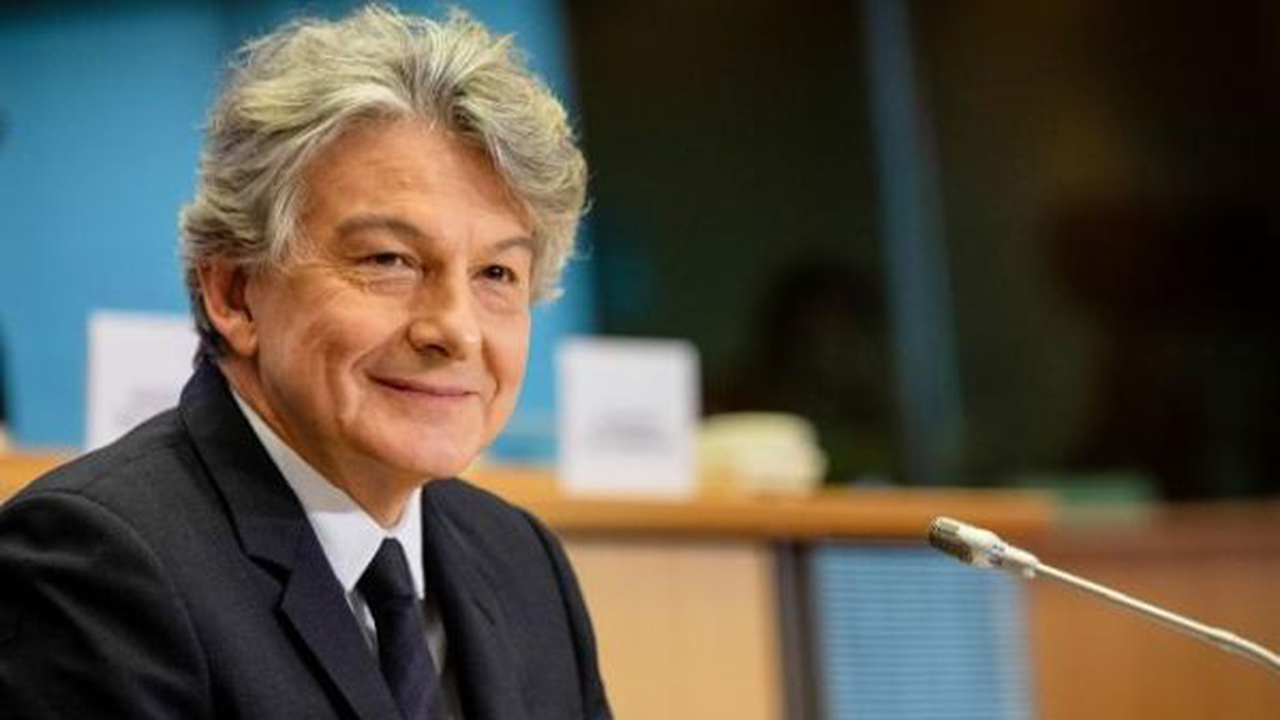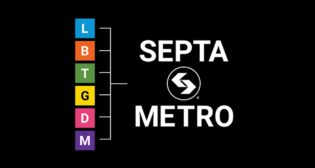
EC Investigation Follows U.S. Attention to Chinese SOE Threat
Written by Erik Olson, Executive Director, Rail Security Alliance
Thierry Breton, EC commissioner for the internal market. Photo: European Union/Lukasz Kobus
The European Commission’s (EC) first-ever in-depth investigation under its new Foreign Subsidies Regulation (FSR) has been heard worldwide. Predictably, this high-profile, anticompetitive case was directed at China.
Sound familiar? It does to an informed group of U.S. bipartisan lawmakers and those in the U.S. rail industry.
Just as the EC has now flagged CRRC’s move to undercut market rivals in Europe, the U.S. has led the way in countering Chinese rail SOEs engaged in anti-competitive practices to safeguard national and economic security.
Domestic legislation like the Foreign Investment Risk Review Modernization Act of 2018 broadened the Committee on Foreign Investment in the United States (CFIUS) jurisdiction to address and investigate growing national security concerns. A key hallmark was expanding the statute to include “critical infrastructure”—a reform that gave federal regulators more leeway to oversee and protect everything from rail transportation systems to maritime ports.
The Transportation Infrastructure Vehicle Security Act (TIVSA), signed into law as part of the FY2020 National Defense Authorization Act (NDAA), prevents U.S. transit agencies from accessing federal taxpayer funds when procuring passenger railcars and transit buses from Chinese SOEs. And a section of the 2021 Infrastructure Investment and Jobs Act (IIJA), known as the SAFE TRAINS Act, ensures that no foreign state-owned companies can provide freight rail rolling stock for the U.S. interchange system. Then there are Section 301 tariffs, implemented during the Trump Administration and rightly maintained under President Biden, which further protect American manufacturers and suppliers from China’s anti-competitive, non-market aims. It’s thanks to the leadership of Sens. John Cornyn (R-Tex.), Tammy Baldwin (D-Wisc.), and Jerry Moran (R-Kan.), and U.S. Reps. Sam Graves (R-Mo.), Rick Crawford (R-Ark.), former House T&I Chairman Peter DeFazio (D-Ore.), and many other Members of Congress from both parties that got us this far.
But that’s not all. Already in 2024, CRRC has found itself on the U.S. Department of Defense (DOD) entity list for a third time, as well as being flagged under Section 805 of the FY2024 National Defense Authorization Act (NDAA), which prohibits the DOD from purchasing goods or services produced by Chinese military companies identified on the Section 1260H List and entities they control.
North American freight railcar manufacturers and suppliers have tracked CRRC ever since the state-owned rail giant decimated the Australian freight railcar manufacturing sector in the early 2000s. CRRC then went on to win its first U.S. passenger rail contract for MBTA in Boston. In that case, the CRRC bid came in so low the next lowest bidder went on the record and publicly questioned the feasibility of CRRC’s bid. That’s why the EU’s investigation into unfair subsidies is so important.
The EC’s decision to use the FSR to fully investigate CRRC underscores how important it is. It supports the years-long efforts of U.S. elected officials, regulators and freight railcar manufacturers and component suppliers, as well as entities such as the Organisation for Economic Co-operation and Development (OECD). Specifically, a recent OECD report (download below) found that CRRC obtained as much as 72% of Chinese government support, including grants, tax concessions and below-market borrowings, to conduct business in the global rolling stock market. Talk about distortions. Whether in Bulgaria, Australia or the U.S., free-market players can’t compete with a state-subsidized and -owned competitor.
When EU Commissioner for Competition Margrethe Vestager spoke about the upcoming FSR investigation, she said, “These are the early days of this investigation, but it is a very important signal to the business community in Europe and outside of Europe, that we’re absolutely willing to use our tools to make sure that we get fair competition.”
The U.S. has been leading on this issue. We’re glad the EU is now taking action.



